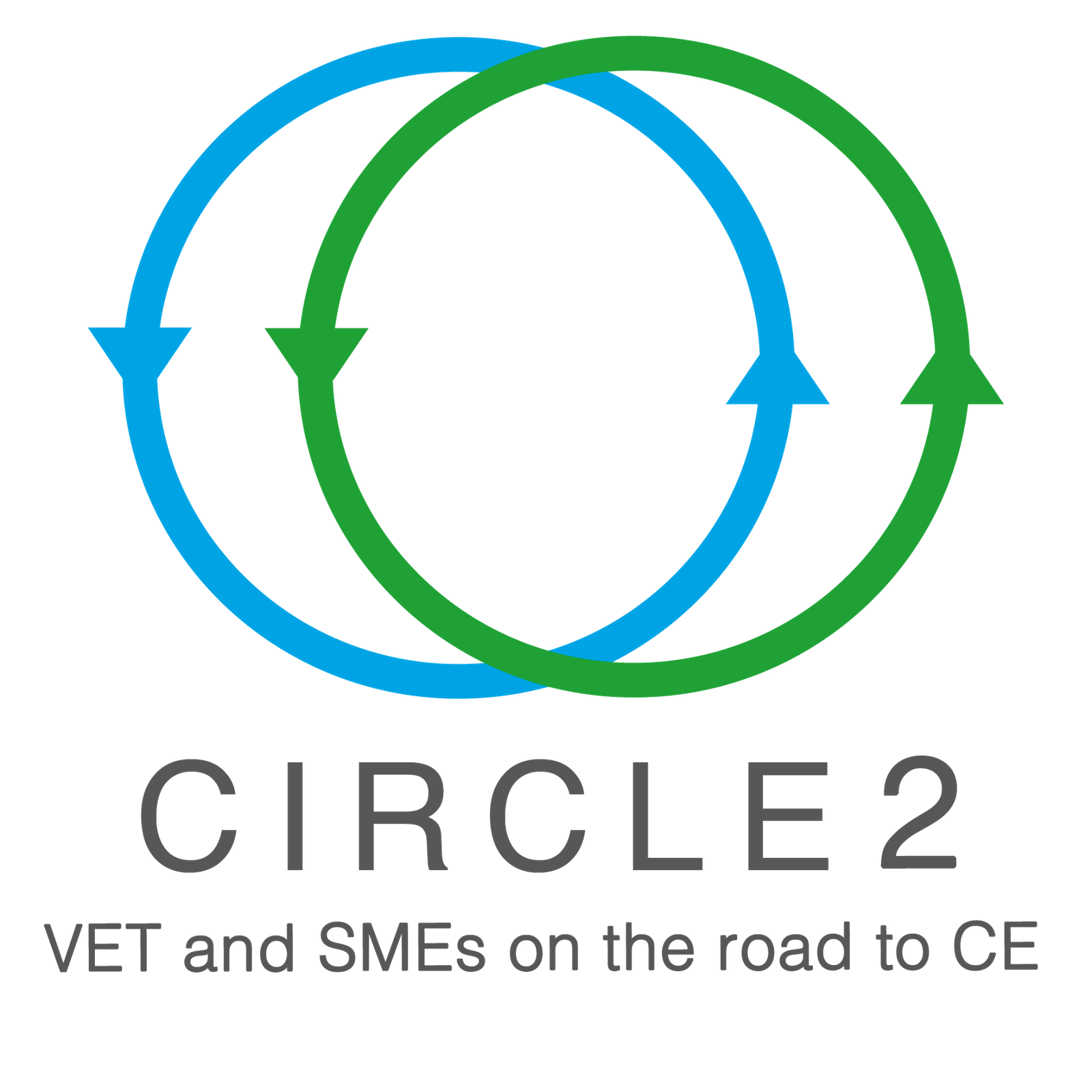Welcome to CIRCLE2
CIRCLE2 learning is an Erasmus+ funded project supporting vocational educators in the fields of tourism, transport and agriculture looking to apply circular economy practices.
VET and SME on the road to Circular Economy
CIRCLE2 stems from the desire of trainers and students to learn more about the circular economy, their willingness to look at its principles from a practical labour market perspective and their desire to become agents of change. This is where the dialogue between VET and SMEs at local level and in a transnational framework can take place.
CIRCLE2 builds on the initial work of CIRCLE which offered a significant amount of resources for professional trainers from a theoretical point of view.
“ The circular economy is at the heart of European Union policy and part of the EU Green Deal „
PARTNERSHIP
The proposal presents a consortium representing an excellent example of European cooperative development.
A chance for all the participants to learn from each other and an opportunity to work on different perspective, mixing education, research and business. Our partners are:
- Panevezio mokymo centras, Lithuania
- Bluebook srl, Italy
- Solski Center Celje, Slovenian
- Tarsus Ticaret Ve Sanayi Odasi, Turkey
PRIORITIES
Contributing to innovation in Vocational Education and Training (VET)
Contributing to environment protection and fight against climate change
Increasing attractiveness of Vocational Education and Training (VET)
Discover the training material
The project developed a series of new training resources.
The materials for each sector are organized into training units divided into thematic modules, comprehensive of video interviews and downloadable materials.
